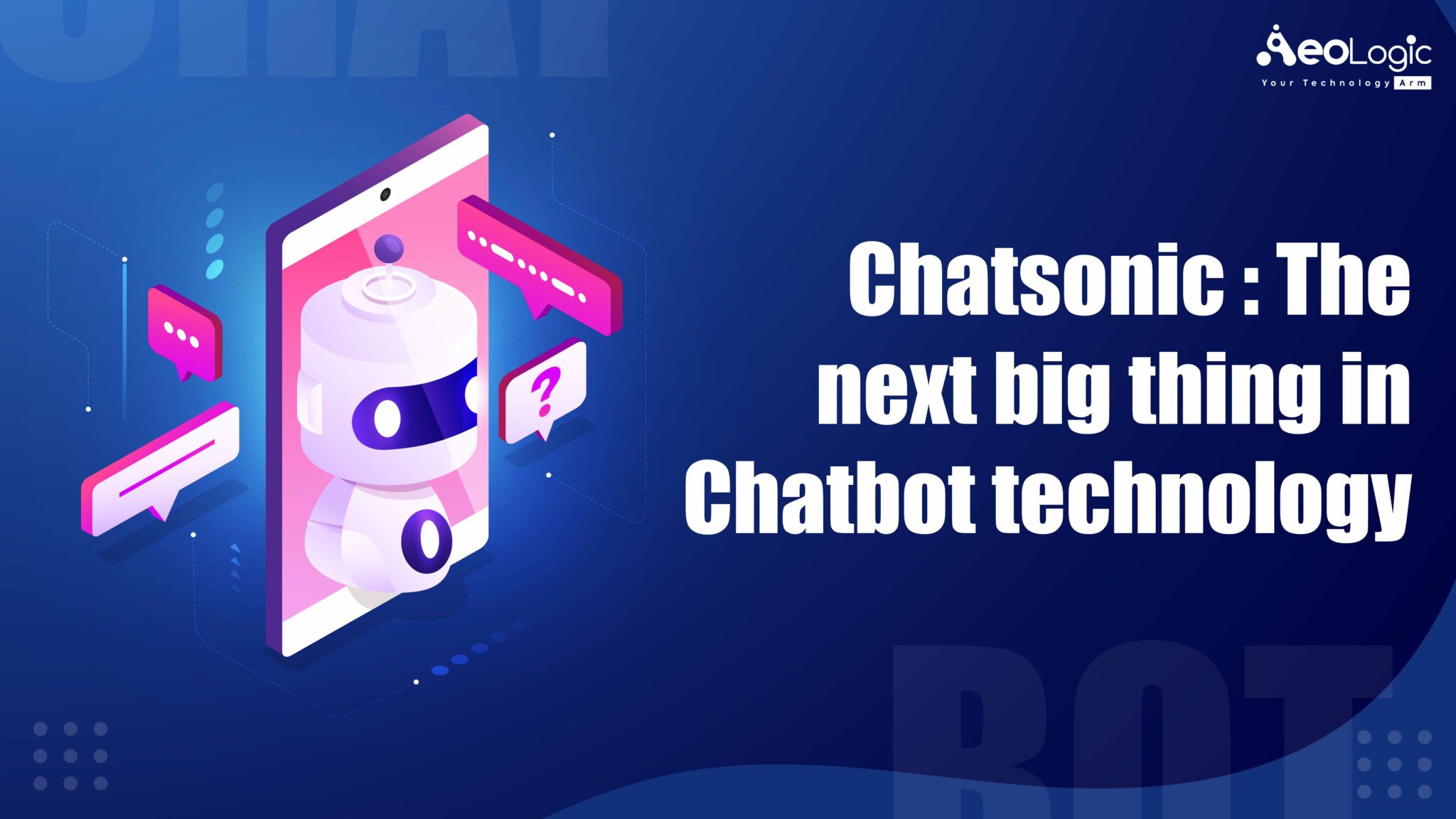 And a key thought in the construction of ChatGPT was to have one other step after "passively reading" things like the web: to have actual people actively work together with ChatGPT, see what it produces, and in effect give it suggestions on "how to be a good chatbot". It’s a fairly typical sort of factor to see in a "precise" situation like this with a neural net (or with machine studying normally). Instead of asking broad queries like "Tell me about historical past," attempt narrowing down your question by specifying a selected period or occasion you’re all in favour of learning about. But strive to present it rules for an actual "deep" computation that involves many probably computationally irreducible steps and it just won’t work. But if we want about n words of coaching data to set up these weights, then from what we’ve stated above we can conclude that we’ll want about n2 computational steps to do the training of the network-which is why, with present strategies, one ends up needing to talk about billion-dollar training efforts. But in English it’s much more realistic to have the ability to "guess" what’s grammatically going to fit on the idea of local selections of words and other hints.
And a key thought in the construction of ChatGPT was to have one other step after "passively reading" things like the web: to have actual people actively work together with ChatGPT, see what it produces, and in effect give it suggestions on "how to be a good chatbot". It’s a fairly typical sort of factor to see in a "precise" situation like this with a neural net (or with machine studying normally). Instead of asking broad queries like "Tell me about historical past," attempt narrowing down your question by specifying a selected period or occasion you’re all in favour of learning about. But strive to present it rules for an actual "deep" computation that involves many probably computationally irreducible steps and it just won’t work. But if we want about n words of coaching data to set up these weights, then from what we’ve stated above we can conclude that we’ll want about n2 computational steps to do the training of the network-which is why, with present strategies, one ends up needing to talk about billion-dollar training efforts. But in English it’s much more realistic to have the ability to "guess" what’s grammatically going to fit on the idea of local selections of words and other hints.
 And ultimately we can simply observe that ChatGPT does what it does using a couple hundred billion weights-comparable in number to the overall variety of words (or tokens) of training knowledge it’s been given. But at some degree it still seems tough to consider that all of the richness of language and the issues it could actually talk about will be encapsulated in such a finite system. The basic answer, I feel, is that language is at a elementary stage somehow simpler than it appears. Tell it "shallow" guidelines of the form "this goes to that", and so on., and the neural web will most definitely be capable to represent and reproduce these simply advantageous-and certainly what it "already knows" from language will give it a right away sample to follow. Instead, it seems to be ample to basically inform ChatGPT one thing one time-as part of the prompt you give-and then it might probably successfully make use of what you informed it when it generates textual content. Instead, what seems more possible is that, yes, the elements are already in there, but the specifics are outlined by one thing like a "trajectory between these elements" and that’s what you’re introducing once you inform it something.
And ultimately we can simply observe that ChatGPT does what it does using a couple hundred billion weights-comparable in number to the overall variety of words (or tokens) of training knowledge it’s been given. But at some degree it still seems tough to consider that all of the richness of language and the issues it could actually talk about will be encapsulated in such a finite system. The basic answer, I feel, is that language is at a elementary stage somehow simpler than it appears. Tell it "shallow" guidelines of the form "this goes to that", and so on., and the neural web will most definitely be capable to represent and reproduce these simply advantageous-and certainly what it "already knows" from language will give it a right away sample to follow. Instead, it seems to be ample to basically inform ChatGPT one thing one time-as part of the prompt you give-and then it might probably successfully make use of what you informed it when it generates textual content. Instead, what seems more possible is that, yes, the elements are already in there, but the specifics are outlined by one thing like a "trajectory between these elements" and that’s what you’re introducing once you inform it something.
Instead, with Articoolo, you'll be able to create new articles, rewrite previous articles, generate titles, summarize articles, and discover photos and quotes to help your articles. It might probably "integrate" it provided that it’s principally riding in a fairly easy approach on prime of the framework it already has. And certainly, much like for humans, in the event you inform it one thing bizarre and unexpected that fully doesn’t fit into the framework it is aware of, it doesn’t seem like it’ll efficiently be able to "integrate" this. So what’s going on in a case like this? Part of what’s occurring is no doubt a reflection of the ubiquitous phenomenon (that first became evident in the example of rule 30) that computational processes can in effect enormously amplify the apparent complexity of programs even when their underlying rules are simple. It's going to come in handy when the user doesn’t need to sort in the message and might now instead dictate it. Portal pages like Google or Yahoo are examples of widespread consumer interfaces. From customer help to virtual assistants, this conversational AI mannequin may be utilized in varied industries to streamline communication and enhance consumer experiences.
The success of ChatGPT is, I think, giving us proof of a basic and necessary piece of science: it’s suggesting that we will anticipate there to be main new "laws of language"-and effectively "laws of thought"-on the market to find. But now with ChatGPT we’ve bought an important new piece of data: we all know that a pure, synthetic neural network with about as many connections as brains have neurons is able to doing a surprisingly good job of generating human language understanding AI. There’s actually one thing relatively human-like about it: that at least as soon as it’s had all that pre-training you may inform it something just as soon as and it might "remember it"-at least "long enough" to generate a bit of textual content using it. Improved Efficiency: AI can automate tedious tasks, freeing up your time to deal with high-degree artistic work and strategy. So how does this work? But as soon as there are combinatorial numbers of prospects, no such "table-lookup-style" approach will work. Virgos can be taught to soften their critiques and discover more constructive methods to supply feedback, while Leos can work on tempering their ego and being extra receptive to Virgos' practical strategies.
Should you have just about any issues with regards to where by and also the best way to work with
chatbot technology, you possibly can call us in the web page.